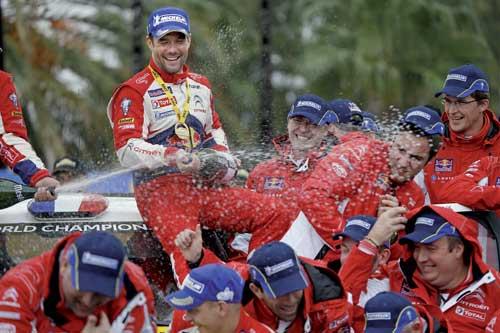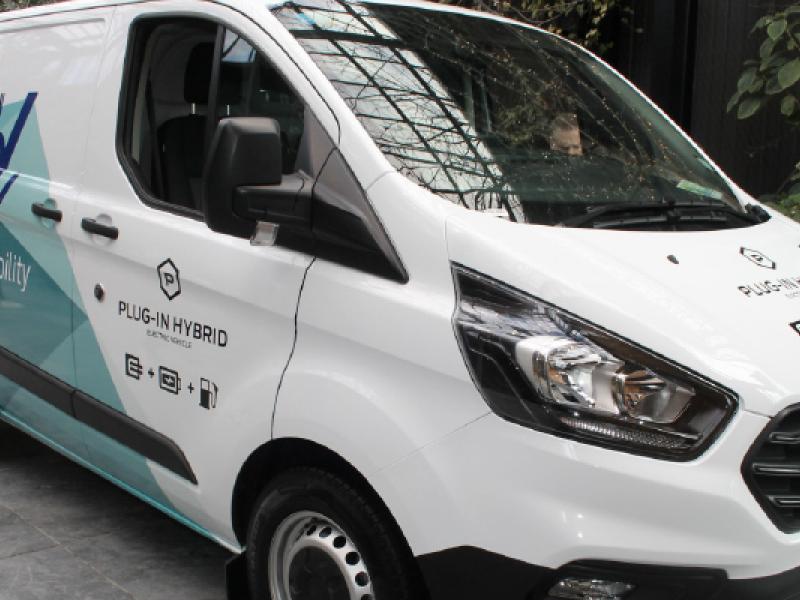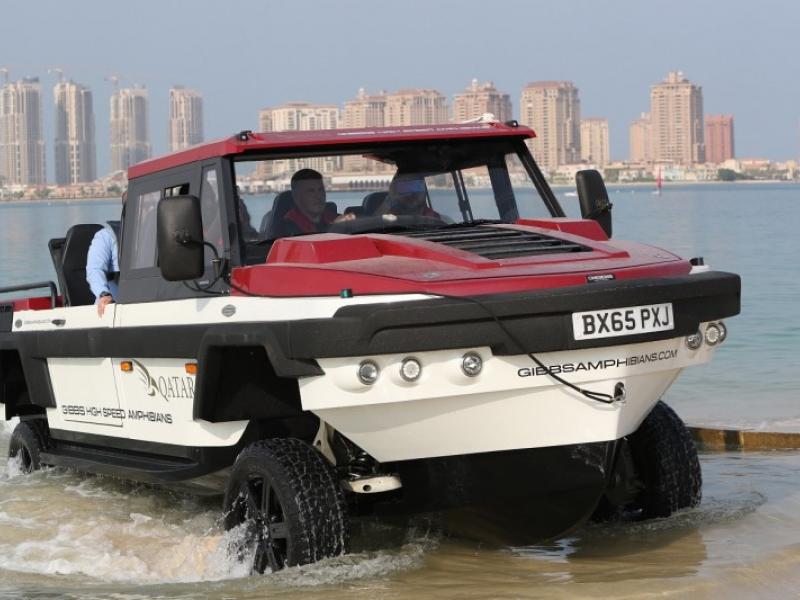Bernard Carpinter reports on the retirement of world champions Sebastien Loeb and Casey Stoner.
Two world motorsport champions, Sebastien Loeb and Casey Stoner, have retired at the height of their powers. Loeb leaves the world rally championship after winning it for the last nine years in a row, while Stoner quits the MotoGP championship young – just 27 – but with two world titles to his credit.
Loeb’s record is quite astonishing. By the end of 2012 he had won 76 world championship rallies; before him, no one had reached 30. And no one had won more than four world titles. Actually he is not being lost to the sport completely just yet, as he plans to contest a few selected events in 2013, but he will no longer be a contender for the world crown. Loeb has also finished second in the Le Mans 24-hour sports car race and has been awarded the Legion d’Honneur, a very high award in France.
In his younger days Loeb was a gymnast and a good one, fifth in the French championship. Perhaps the sense of balance needed to be a top gymnast helps him keep his Citroens on that fine edge between maximum speed and total disaster.
The name Loeb is actually a German one – he comes from the eastern French region of Alsace where there is a strong German influence, as the names of the towns and the people show. In fact Alsace has been German at times; the border has tended to change depending on who won the last war.
This background might help explain Loeb’s personality. Contrary to the stereotype of the excitable and emotional arm-waving Frenchman, Loeb is calm and collected in his general demeanour and in his driving. He very seldom crashes and he knows just how fast he needs to go in order to win. If victory is not possible for some reason, he drives to finish and collect as many points as possible.
Loeb’s start in rallying came rather late and he was 24 when he began competing in the Citroen Saxo one-make series in 1998. The following year he won that title and attracted the attention of Guy Frequelin, the head of Citroen’s motorsport section.
In 2001 Citroen entered Loeb in the inaugural Junior World Rally Championship – and he won it very convincingly, taking five of the six rounds. He also finished a close second in Rally Sanremo, a round of the full World Rally Championship.
The next year Citroen entered seven rounds of the WRC, preparing for a full-scale assault the in 2003. Remarkably, Loeb finished first in the Monte Carlo Rally, although he could not keep his victory because he incurred a time penalty for an illegal wheel change. The debut victory was not far away, though, coming in the German round later that year.
Those two events are both tarmac rallies and early in his championship career Loeb was regarded as a tarmac specialist. I remember interviewing him the first time he came to New Zealand, in 2003; he was polite and helpful and said he was confident of increasing his speed on gravel with more experience. He didn’t take long to prove himself right.
In Loeb’s first full season in the WRC, 2003, he finished second, just one point behind Subaru’s Petter Solberg, scoring three victories and outpacing world champion teammates Carlos Sainz and Colin McRae. His co-driver Daniel Elena has been with him all through his championship career, obviously a good partnership.
The first world title came in 2004 and it was hugely convincing as Loeb scored six wins and six second placings – remarkable consistency. He finished 36 points ahead of Solberg, and in those days a win was worth only 10 points so Loeb could have dropped three wins and still taken the championship. He won three gravel rallies and one snow rally, in Sweden.
The following year saw unprecedented domination as Loeb won 10 rallies in the Citroen Xsara – including New Zealand, for the first time – and finished a massive 56 points ahead of the field.
Citroen skipped the 2006 championship, preparing the C4 for the 2007 championship under new regulations. No problem for Loeb – he won the championship again, driving a Xsara for the private Kronos team. And that was in spite of missing the last four rounds, after breaking an arm in a mountain bike crash.
It wasn’t always that easy, though. Ford’s Marcus Gronholm gave Loeb a tough fight in 2007 and in that season, in New Zealand, Loeb suffered the narrowest loss in world rally history, losing to Gronholm by just 0.3 of a second. In 2009 Loeb beat Mikko Hirvonen (Ford) by just one point after winning the final event of the season, Rally Great Britain. However last year brought no such anxieties, as Loeb clinched the title before the end of the season, helped by another win in New Zealand.
Loeb twice contested the Le Mans race, with the French Pescarolo team using Judd V10 engines. His car failed to finish in 2005 but the following year he and his teammates finished a fine second overall. Now he is looking to get back into racing, aiming to contest the 2014 World Touring Car Championship with Citroen.
Casey Stoner
With just two world titles, Stoner’s career cannot really be compared with Loeb’s – but many experts believe the Australian could have become one of the great motorcycle champions if he had not decided to retire so young. Honda’s high estimation of him came in its offer of nearly $20 million to race for them in 2013. That’s more than the company has ever paid any of its motorsport stars.
Raised on dirt track racing, the young Stoner – his first race was at age four – amassed a fine collection of titles in that field before deciding he wanted to go road racing. At 14 he was too young for that in Australia so his parents took him to England, where he was able to race 125cc bikes.
Success came gradually but steadily and in 2003 – his fourth season in Europe – Stoner scored his first world championship victory, aboard an Aprilia in the 125cc class. The following year, now on a factory KTM, he finished fifth in that championship. A move up to the 250cc class, on a factory Aprilia, followed in 2005 and he took second in the championship after a close struggle with Dani Pedrosa, who of course also became a top MotoGP racer.
Next season Stoner moved up to the top class, MotoGP, with a private Honda team. His best placing was a second and he came eighth in the championship, losing points with a series of crashes. That experience gained him a place in the factory Ducati team for 2007.
The Ducati was very fast in a straight line but obviously difficult to ride in the corners. It kept twitching and bucking as if determined to throw the rider off, but Stoner mastered it and he dominated the world championship that season, scoring 10 victories and taking the title by a massive 125 points (where a win earns 25 points). In 2008 Stoner came second to the great Valentino Rossi (Yamaha) but the next season he suffered from a mysterious, weakening illness which was eventually traced to lactose intolerance.
Staying with Ducati for 2010, Stoner finished fourth in the championship and with the Ducati now appearing uncompetitive he moved to the factory Honda team for 2011 – and won his second title. For 2012 he took third in the championship, missing some races after breaking his ankle in a crash, but he had the consolation of dominating his home event, the Australian Grand Prix, in the penultimate round.
Stoner, who has a young family, said he was retiring because he had lost his passion for motorcycle racing. Strong rumours say he will be racing a V8 Supercar next year.
A tale of two champions
A tale of two champions
Vehicles
Wednesday, 05 December 2012






